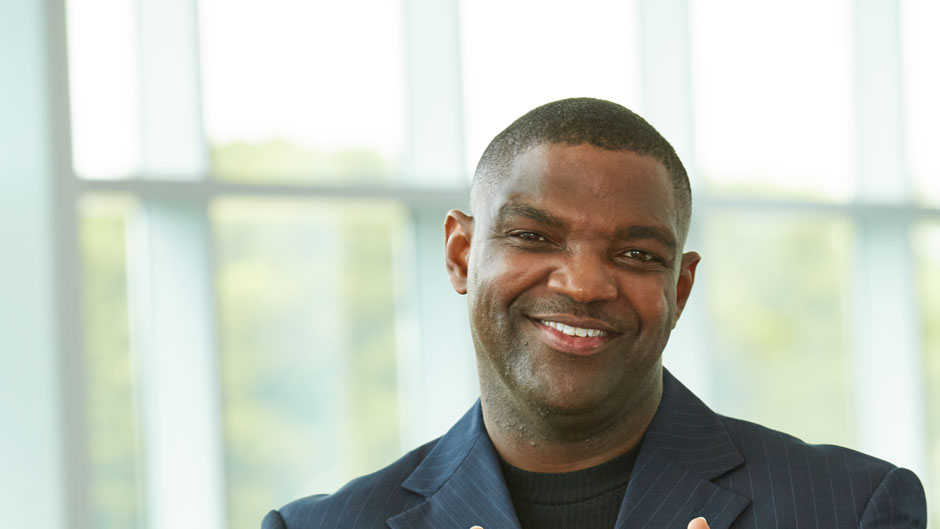Healthcare data breaches are on the rise, with more breaches reported in 2016 than in any other year, according to the Department of Health and Human Services’ Office for Civil Rights. Industry sources show that 2017 is shaping up to be another record-breaking year, with rises in theft incidents, hacks, and unauthorized disclosures of protected health information. Hospitals and healthcare organizations are looking to the unique expertise of health informatics professionals to combat this alarming trend.
David J. Louis, Jr. is a Mental Health Hospital Specialist at Jackson Memorial Hospital, Department of Psychiatry-Triage. He has a special interest in IT, especially as it relates to malware and data breaches in healthcare. After receiving his bachelor’s degree in psychology, Louis took several master’s courses in Human Resource Development, which led him to the field of health informatics. When he found the University of Miami’s online School of Nursing Master of Science in Health Informatics program, he knew that was the right path for him.
The Masters in Health Informatics “will open up my options,” said Louis. “I plan to go into bio-medical informatics with a specialty in medical cyber-hacking, which will require a Ph.D. and continued education. Meanwhile, I will be specializing in arcGIS and breaches and how to prevent them.” Louis also plans to work as a professor of health informatics.
Louis and his UM classmates are putting their education into practice. He and a group of students are working together to create a blueprint charter for malware deterrence and hacking that will benefit hospitals. Their solution is based on insulating thermal blankets such as those used by NASA, which block radio frequencies(RF) and Wi-Fi – one of the ways hackers gain access to hospital databases.
Because Louis works with hospital software system CERNER in his job, “I am able to see what are the faults, where are the deficiencies, and where improvements could be brought about from what I have learned in classes,” he said. He was also able to use what he’s learned in the master’s program to help a Miami non-profit he works for called Philanthropy From The Heart, by creating a database of all the community members they’ve served.
Louis said he has enjoyed all of his classes, particularly Doris Peek’s Structure and Process in Health Care Organization. “You become well-rounded with the laws and policies that are used to operate hospitals and health systems. You become confident in combating anomalies as well as producing charters to counteract those things that don’t make sense.”
The top-notch faculty members that teach UOnline’s health informatics program are experts in their fields, and encourage students to think outside the box and look beyond the textbook to consider real-world applications, said Louis. He highly recommends the MS in Health Informatics program because of the potential it opens up for students.
“Health informatics are needed everywhere. It is amazing the opportunities that become available to you with this degree ... going beyond healthcare to policy and leadership. You no longer are someone who watches from a distance but someone who is able to make changes. You can improve many problems that are facing healthcare today.”

